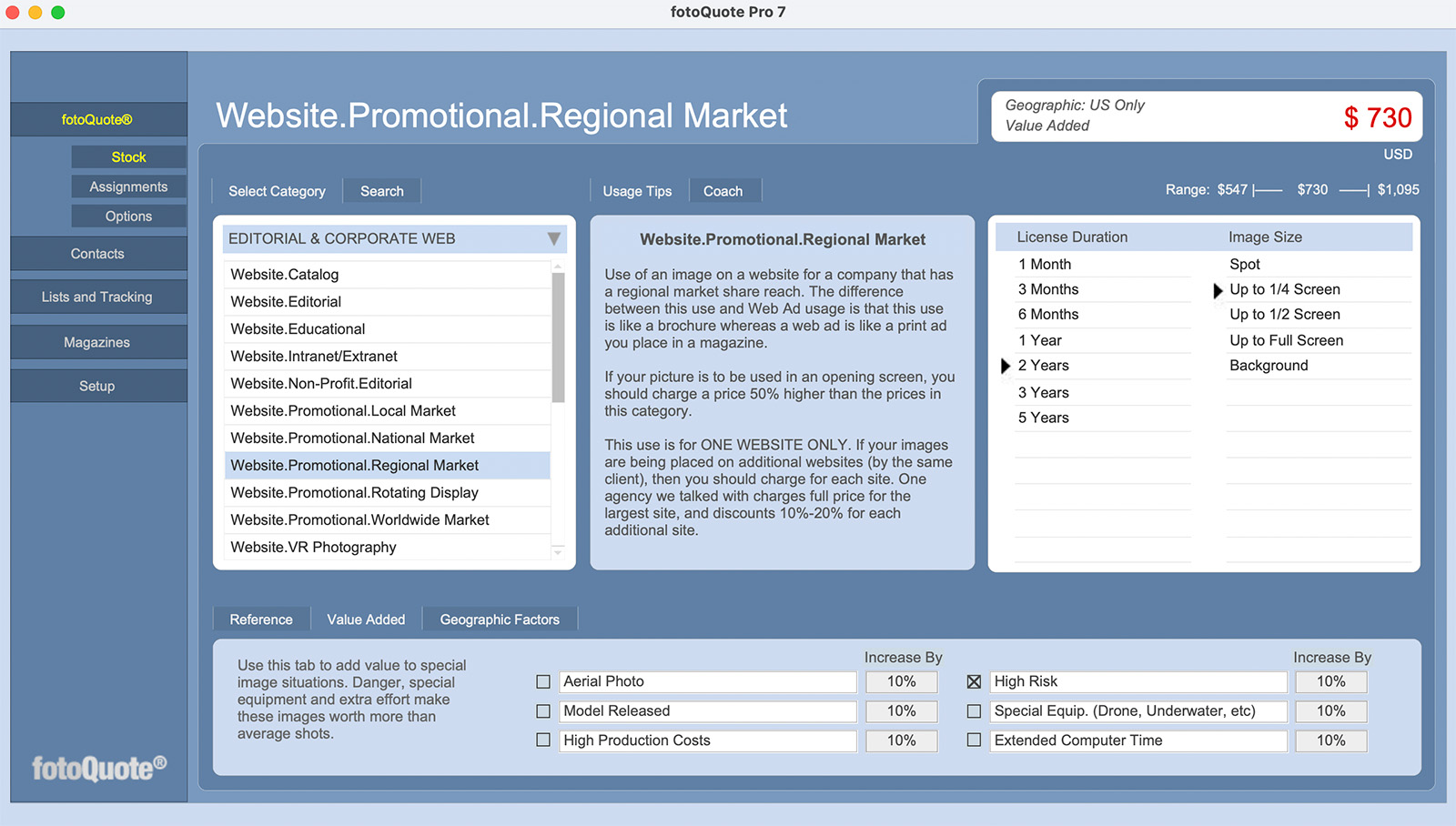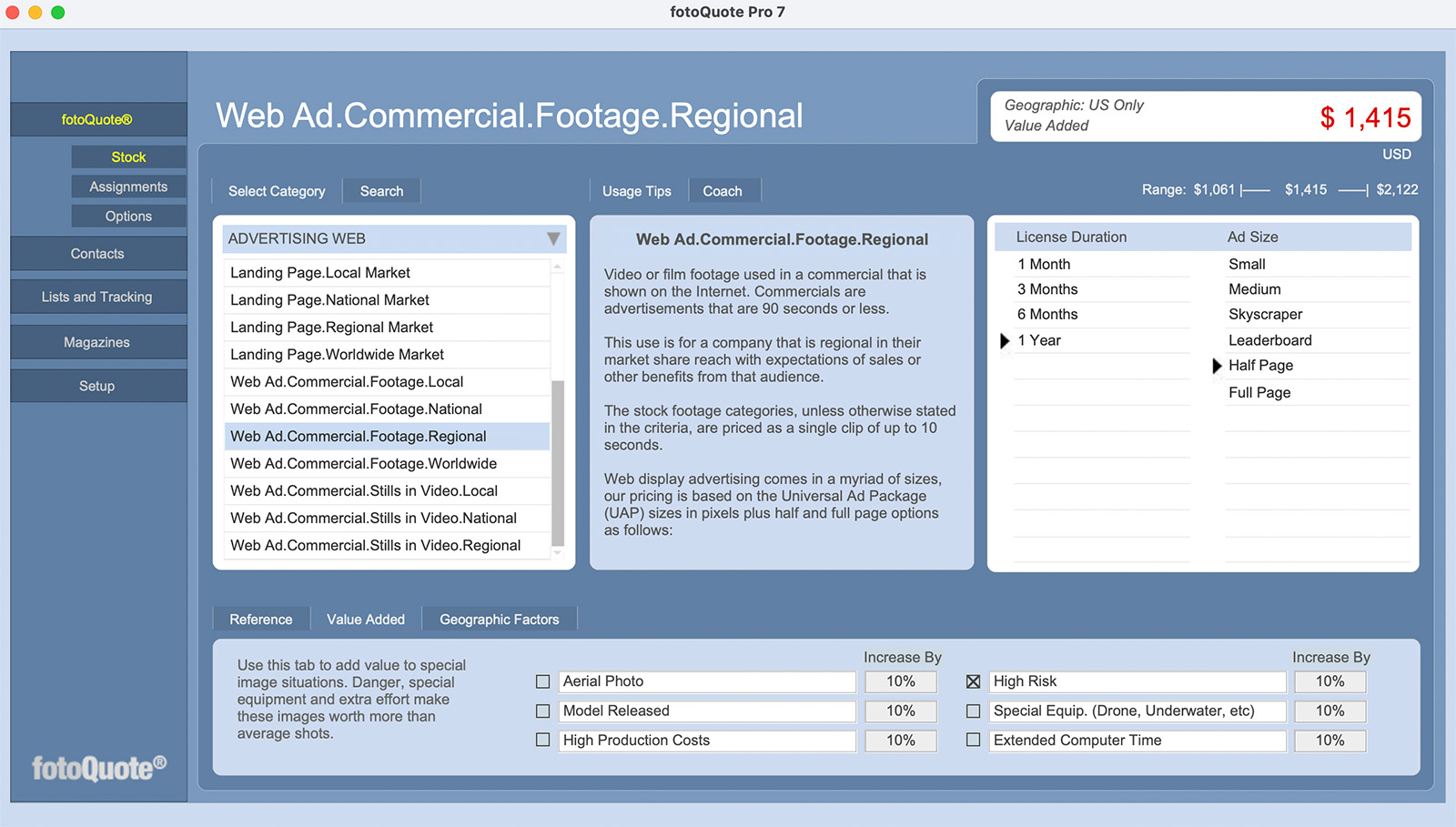Disclosure: This post may contain affiliate links. I earn a small commission of product sales to keep this website going.
My wife recently shared an amazing opportunity she heard from a coworker – the Carson City to Canada Quest. Visit Carson City (the tourism authority for the Carson City/Lake Tahoe area) will pay two backpackers $5,000 each to hike the newly completed trail connecting Carson City to Lake Tahoe and continue up the Pacific Crest Trail to the Canadian border. All you have to do for them is document your entire 1,600-mile journey on your blog, YouTube, Instagram, TikTok, etc.
Sounds amazing, right? I was intrigued; however, taking 3 months off for an extended backpacking trip is tricky. Still, my wife gave me her blessing if I was interested in applying. I think she needs a break 🙂
What do you do before applying to something like this? Read every word of the Agreement. Don’t just read every word – understand every word.
And that’s where I have my concerns.
Obligatory disclaimer: I am not a lawyer, and this is not legal advice.

What the Agreement says
You can read the Carson City to Canada Quest Agreement here. Since it will likely be taken down after applications are closed at the end of May 2024, I’ll share the relevant part, the Licensing terms.
Paragraph 11 states, “Adventurer grants to CTA [the tourism authority] the exclusive, irrevocable, unrestricted, royalty-free, worldwide, perpetual, sub-licensable, and transferable right and license to exploit the Content created under this Agreement, and to use the Content and Adventurer’s name and likeness, and any intellectual property rights (e.g. copyright, trademark, etc.) contained in the Content, as CTA determines, in any media now known or hereafter devised, without any payment or other consideration of any kind, or permission or notification, to Adventurer or any third party, in any manner and for any purpose whatsoever at any time, now or in the future.“
This is known as a full buyout, and the implications are huge.
In one sentence, you’re forfeiting the ability to use that content for anything else. For everything created on the entire journey. The financial value of the assets no longer belongs to you. It belongs to them. You can’t even share the media for personal purposes without written permission from the authority, as stated in Paragraph 9.
You’re working as an independent contractor, getting paid a day rate of around $50 after taxes to create valuable proprietary assets. That doesn’t make sense.

Breakdown of definitions
Here’s what each term in the beginning of Paragraph 11 means:
- Exclusive: they’re the only ones you can license/sell ALL of that content to.
- Irrevocable: no take-backs.
- Unrestricted: they can use the media however they wish!
- Royalty-free: you get no further royalties no matter how the content is used or sold.
- Worldwide: the content can be used anywhere. In. The. World.
- Perpetual: these rights belong to them until our mass extinction; there is no expiration.
- Sub-licensable: they can sell a usage license to others without paying royalties to you.
- Transferable: they can transfer all rights to anyone else as they wish.
What are your photos and videos worth?
Full and Copyright buyouts
Full buyouts – where the buyer purchases all financial rights to an asset – still let you use the photos in your portfolio and social media. You just can’t license or sell them to anyone else. However, this Agreement also states that you need written permission to use them in your portfolio. Sounds kinda like a copyright buyout?
Copyright buyouts, where you transfer the copyright, aren’t very common. I’ve only ever sold one copyright, to an ad agency that wanted exclusive use of a photo for an ad campaign. It was one of my “B” photos, a photo I wouldn’t miss and that had no other earnings potential. However, it had value to them for what they needed, so I transferred the copyright for a cheap $1,800. And that is cheap for a copyright buyout. I was a bit naive when I negotiated.
Full and copyright buyouts often range from $5,000 to $10,000 per photo and can reach $100,000 for extremely unique and/or rare images.
Why are full & copyright buyouts so expensive? Two reasons:
- You lose any further opportunity to make money with that asset – so you should charge more, given the loss of potential income from that asset. Like selling a rental property – the sale price will be far more than the rental price.
- After buying the rights, the buyer can do whatever they want with the asset, making it extremely valuable to them.
The more potential an asset has to make money for you and them, the more the buyout is worth to both parties.

The Carson City to Canada Quest potential
You’re backpacking 1,600 miles through some of the nation’s most scenic areas, from Lake Tahoe through the northern Sierra and into the Cascades to Canada. Think of all the beauty you’ll capture along the journey!
Let’s be ultra-conservative just for the sake of the argument and assume that, in addition to video diaries, you average one gorgeous, valuable image every 200 miles (one every 10-14 days).
With that low estimate, that’s 8 licensable images over your three months of hiking.
- Assuming a standard non-exclusive royalty-free license of about $500 per photo (Getty rates), you would earn $4,000 if you licensed each photo once. But with a non-exclusive license, you could repeatedly sell them with no limit on your potential earnings.
- With an exclusive royalty-free license on the cheap end of $2,000 per photo (doing a bulk discount to one buyer), you could earn at least $16,000 for those 8 photos.
You could realistically charge a higher premium, given the limited access to that scenery and the effort required to get there. That’s standard practice.
Here’s an example of a non-exclusive, two-year, rights-managed quote for one image on a webpage taking up a quarter of the screen. An exclusive, perpetual, unrestricted, royalty-free license could obviously fetch much higher than this:

And a similar non-exclusive, one-year quote for up to 10 seconds of video footage used in an ad:

So you see how even if you were skunked on some photographic opportunities, what you could create has far more value to the tourism authority than the $5,000 offered.

What would be fair
I think this Carson City to Canada Quest is a great idea. It’s a wonderful way to promote the area while providing an exciting challenge for experienced backpackers. I’d love to do it!
The problem is, it’s just not fair. Not in a “my feelings are hurt” way, but in a way that seriously manipulates and exploits the creators they’ll send on the trail.
Visit Carson City doesn’t have the budget to pay fair compensation how their terms are written, so they should change the terms to fit their budget in at least one of the following ways:
- Change “exclusive” to “non-exclusive.” Let the Adventurer keep the possibility of licensing the media to others if they wish. I understand why a tourism authority would want an exclusive license, but a perpetual, unrestricted exclusive use of 1,600 miles of content for $5,000 is theft.
- Replace “perpetual” with a limited term. Give the Adventurer the right to sell the content after a term of about two years has expired. The novelty of the Quest to the tourism authority will wear off at some point. Why not give the creator the rights back at that point?
- Remove “sub-licensable and transferable.” Sub-licensing is sometimes necessary for an agency to publish media in other magazines, TV networks, to partners, etc. However, it also gives them the right to make as much money as they want by selling the rights to others without passing a penny on to you. They can re-license a single photo to an agency with deep pockets for much more than they paid you.
- Apply the licensing terms only to the media they want to use. Allow the Adventurer to keep the rights to images/videos the authority won’t use in campaigns – and be realistic and fair about it. Perhaps put a reasonable cap on the amount of content they’ll license for the $5,000.

Would you do it?
Are you in it for the adventure and have no desire to use what you might be able to create? Then I’d urge you to go for it!
Still, understand how that media will be used/profited on in perpetuity. You need to be okay with that. You’re giving up a lot and enabling them to make as much money as they can off of your blood, sweat, and tears (a lot of sweat, some tears, and hopefully minimal blood).
I would absolutely do the Carson City to Canada Quest for free – if I could retain all rights to the media created and then license it to the tourism authority with terms fair to both parties. But I would not take $5,000 to give up all rights to three months’ worth of media on America’s most scenic long-distance trail – the potential is enormous. Maybe that’s because I’m viewing this as a photographer who hikes, not a hiker who takes pictures.
Even if Visit Carson City knows they won’t use all content – they may be paying $5,000 to use only a few pieces of content exclusively and in perpetuity (which is fair) – they’re robbing the creator of the ability to use any of it for the rest of their lives.
It’s another example of publishers taking advantage of creators, such as magazines like TIME asking for content for free or requesting photographers pay an $800 fee for the opportunity to be on the cover.
If you’re considering taking a “sponsored” trip in exchange for “content,” be sure you understand the licensing terms. Otherwise, you could regret it and have no recourse.

Mary
Monday 25th of March 2024
I appreciate the explanation of the language. I always read contest terms as well. Amazing how many “free” contests take your rights as soon as you submit.
(Speaking as a wife myself, I can’t imagine anyone would want to get their spouse out the door for 3 months, LOL!)
John Peltier
Monday 25th of March 2024
She's always waiting for me to take my next trip ? It is very unfortunate, though, how many people enter contests and similar things only to find out after the fact that they've surrendered all rights to their work. I guess we've been conditioned to stop reading Agreements since we're exposed to them almost daily.